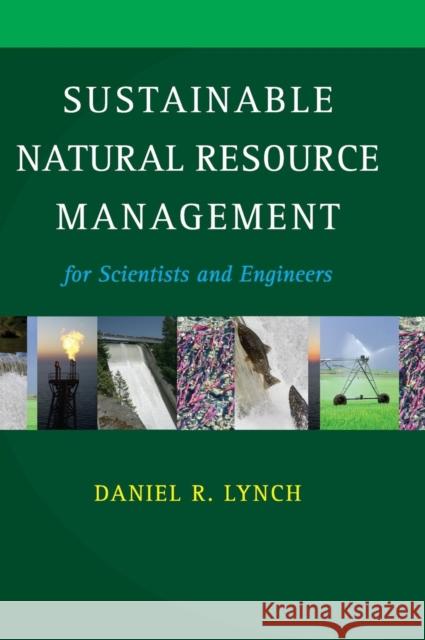Sustainable Natural Resource Management » książka
Sustainable Natural Resource Management
ISBN-13: 9780521899727 / Angielski / Twarda / 2009 / 250 str.
Sustainable management of the natural resources that support human life and flourishing, once simply a desirable goal, is now an imperative outcome. Not only the problems we face dwindling fisheries, shrinking water supplies but even the proposed solutions conversion of biomass to fuels demand a sustainable framework within which to operate. This book introduces such a framework to those students in science and engineering who will manage natural resources professionally whether through conservation, conversion or harvesting. It is an indispensable resource for courses in a broad range of disciplines that wish to incorporate a sustainable perspective: ecology, natural resource and wildlife management, agriculture, forestry, geography, environmental engineering, and environmental economics. The book is a valuable toolkit for graduate students in professional programs in environmental science and natural resource management. The text assumes undergraduate mathematics through ordinary differential equations and some basic concepts of optimization including linear programming.
Features
Key Concepts of Sustainability Presented in an Analytical Framework Topics include: harvest, sustainability, effort, extraction, extinction, consumptive use, riparian rights, etc.
Problem Sets that Apply Quantitative Tools Found at the end of each chapter, these extensive problem sets give students an opportunity to apply the tools they have learned in a variety of natural resource management contexts.
Matlab and Excel Programs Integrated into the Text Available for download on the book s website, these programs enhance understanding and provide further tools for research and professional use.
Supports ASCE Body of Knowledge for the 21st Century recommendations: the 21stCentury Civil Engineer must demonstrate: an ability to evaluate the sustainability of engineered systems and services, and of the natural resource base on which they depend; and to design accordingly.
About the author: Daniel R. Lynch is the MacLean Professor of Engineering at the Thayer School of Engineering, Dartmouth College and Adjunct Scientist at the Woods Hole Oceanographic Institution."











